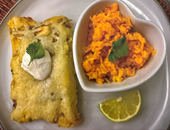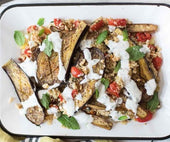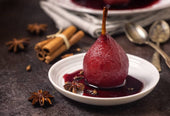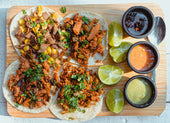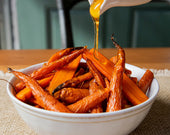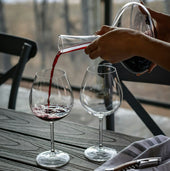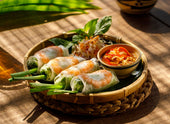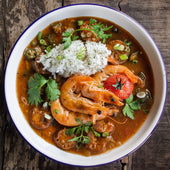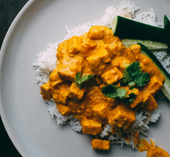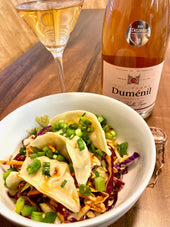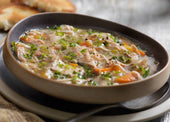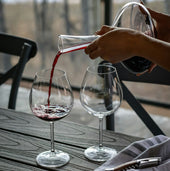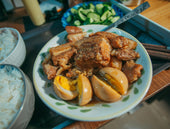
Pairing Wine with Korean Food

Korean cuisine, with its vibrant flavors and rich cultural heritage, has been captivating taste buds around the world lately. From the savory and spicy dishes to the fermented delights of kimchi, Korean food presents a challenge when it comes to wine pairings. But that doesn't mean you shouldn't try your favorite Korean dish with a glass of wine. In this blog post, we'll dive into the world of Korean cuisine and help you find the perfect wine pairings.
The Korean Food Revolution
Korean food is a delicious mix of flavors, textures, and colors. Its foundation lies in the abundant use of fresh vegetables, meats and seafood, making it a wholesome and balanced cuisine. The art of fermentation plays a significant role in Korean dishes, giving rise to kimchi, the classic fermented cabbage dish. The world has embraced Korean cuisine with open arms, and it's no wonder why. Korean barbecue, with its sizzling meats and addictive dipping sauces, has become a global phenomenon (along with Korean movies, tv shows and music!). Most people usually enjoy a cold refreshing beer, or an easy drinking soju with Korean food. But we'll help you find the perfect wine pairings.
Pairing Wine with Korean Food
Bibimbap: Mixed Rice and Vegetables

One of the most popular Korean dishes, Bibimbap combines seasoned vegetables, sautéed mushrooms, beef, or tofu with a runny fried egg, all served on a bed of rice. For this colorful dish, opt for a dry and slightly fruity Riesling or a refreshing Sparkling Wine. The wine's acidity and subtle sweetness balance the flavors and textures of Bibimbap, making each bite a delightful experience.
Here is a wine we recommend with Bibimbap:
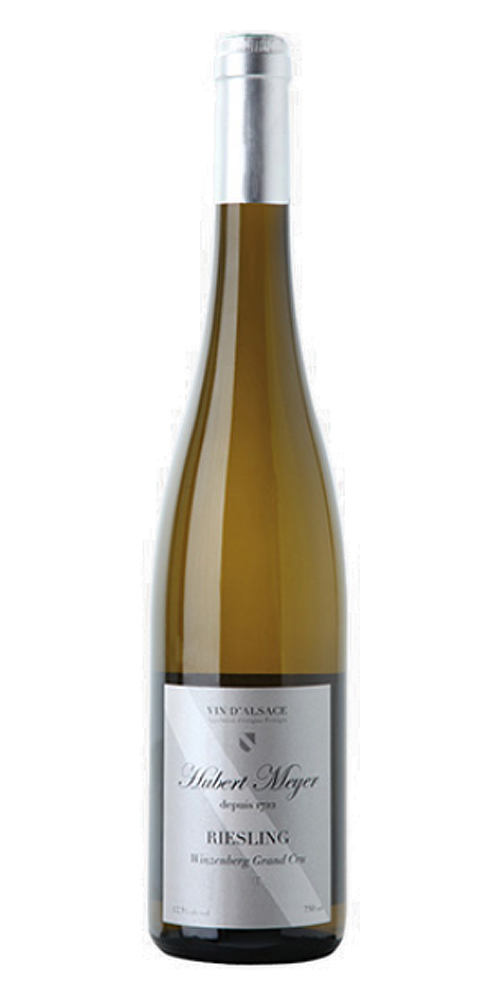
Hubert Meyer Grand Cru Riesling Winzenberg Alsace 2021
Elegant and mineral-driven Riesling from a Grand Cru vineyard in Alsace. Bursting with citrus zest, white flowers, and a saline finish. Awarded 94 points, this wine is a standout for lovers of structured, dry Rieslings.
Gimbap: Seaweed Rice Rolls

Gimbap, often called "Korean sushi," is a popular grab-and-go snack. It features rice and various fillings like carrots, spinach, pickled radish, and sometimes meat, all rolled in seaweed. To complement these delicate flavors, reach for a light and zesty Sauvignon Blanc. Its herbaceous and citrusy notes enhance the Gimbap's freshness, elevating your enjoyment with each bite.
Here is a wine we recommend with Gimbap:
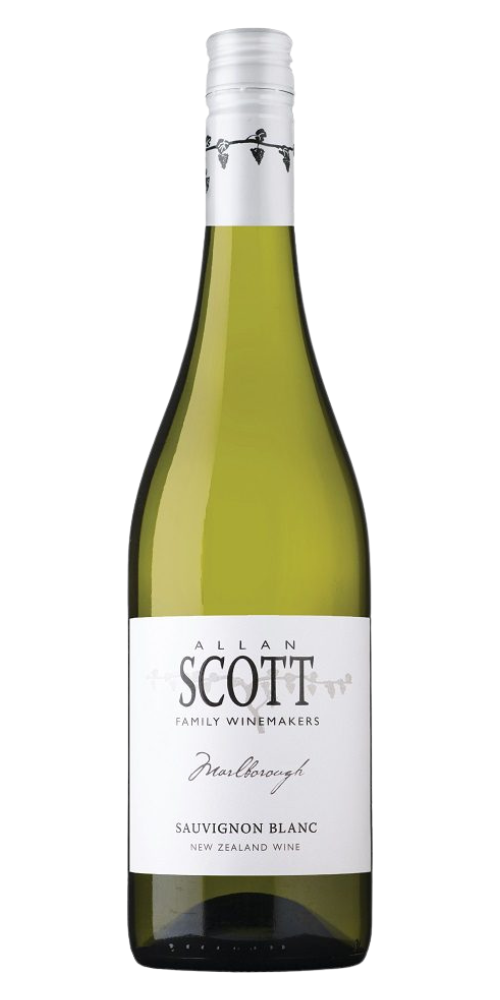
Allan Scott Marlborough Sauvignon Blanc 2024
Fresh, zesty, and bursting with vibrant citrus and tropical fruit flavors. This classic Marlborough Sauvignon Blanc is crisp and refreshing with lively acidity—perfect for seafood, salads, or sipping on a warm day.
Japchae: Glass Noodles

Japchae, a beloved Korean dish, features sweet potato glass noodles stir-fried with vegetables and thinly sliced meat. The flavors range from savory to slightly sweet, making a versatile wine like Pinot Grigio an excellent choice. With its crispness and hints of stone fruit, the Pinot Grigio harmonizes with the sweet and savory notes of Japchae.
Kimchi Jjigae: Kimchi Stew

A hearty and spicy stew made with aged kimchi, pork, and tofu, Kimchi Jjigae packs a flavorful punch. Embrace the fiery heat with a bold and spicy Zinfandel or a fruity Pinot Noir. These wines stand up to the robust flavors of Kimchi Jjigae, creating a memorable pairing.
Sundubu Jjigae: Spicy Soft Tofu Stew

Sundubu Jjigae is a soul-warming stew made with soft tofu, clams, shrimp, mushrooms and vegetables in a spicy broth. For this comforting dish, consider a slightly sweet Riesling or a dry Rosé. Both wines complement the spiciness while balancing the soft tofu texture, providing a gratifying harmony.
Budae Jjigae: Army Stew

A unique fusion of Korean and American influences, Budae Jjigae features an assortment of ingredients like spam, hot dogs, kimchi, and instant ramen noodles in a spicy broth. A fruity Shiraz or a medium-bodied Tempranillo work wonders with the rich and savory flavors of this stew, creating a comforting combination.
Tteokbokki: Spicy Rice Cakes

Tteokbokki is a popular street food that I'm sure you've seen all over social media if you're a foodie. It features chewy rice cakes drenched in a spicy red chili sauce. Embrace the heat with a fruity Beaujolais or a semi-sweet Chenin Blanc. These wines help tame the spice, creating a delightful balance that lets you fully enjoy the spicy yet addictive flavors of Tteokbokki.
Here is a wine we recommend with Tteokbokki:
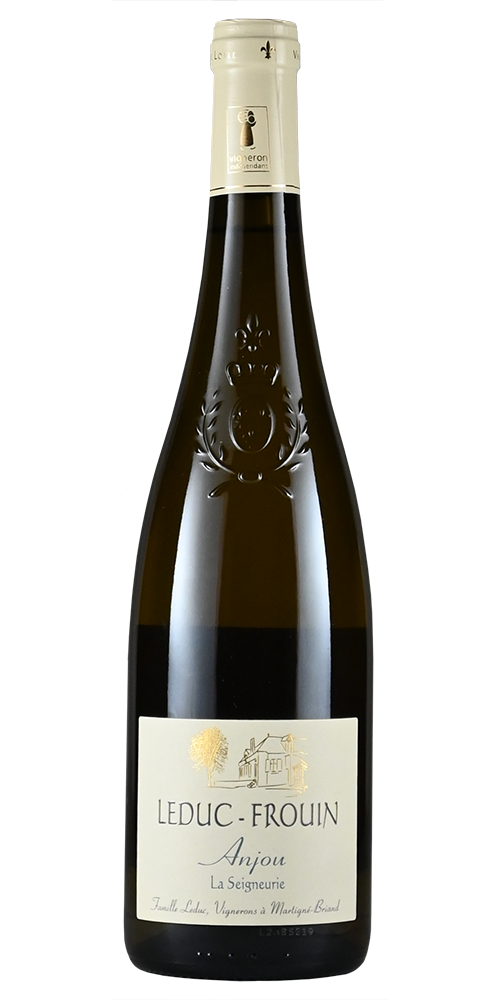
Domaine Leduc-Frouin Anjou Blanc Chenin Blanc 2022
A beautifully crisp and vibrant Chenin Blanc from the heart of the Loire Valley. Fresh citrus, white flowers, and a mineral finish make this an ideal wine for seafood or light fare.
Bulgogi: A Korean Barbecue Staple Dish

Bulgogi, thinly sliced marinated and grilled beef or pork, is one of the most popular meat options at any Korean BBQ restaurant. Opt for a medium-bodied Merlot or a spicy Syrah to enhance the flavors of Bulgogi while complementing the caramelized sweetness of the dish, taking your Korean barbecue experience to the next level. Give our Beef Bulgogi Recipe a whirl if you want to try this delicious dish at home.
Here is a wine we recommend with Bulgogi:
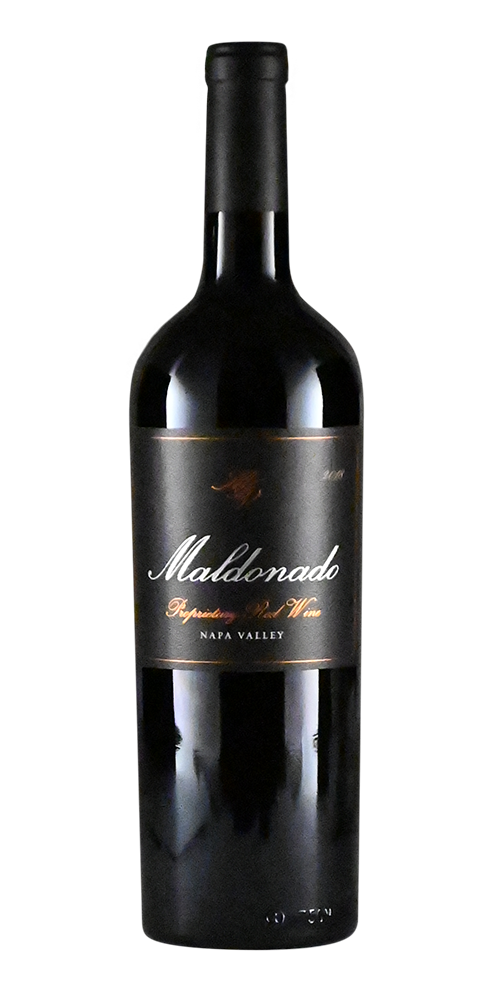
Maldonado Family Vineyards Napa Valley Red Blend 2018
A bold and richly layered Napa Valley red blend from a family-run winery. Bursting with dark berries, cocoa, and spice, this 2018 vintage delivers power and elegance in every sip.
Pairing wine with Korean food is an exciting journey of discovery. The key lies in striking a balance between the flavors of the dish and the characteristics of the wine. While some Korean dishes may present challenges due to their intensity, unique flavors and textures, there are definitely wines that can enrich the experience and create amazing combinations.
So, the next time you're enjoying your favorite Korean dish and want something other than beer and soju, don't hesitate to complement it with a well-chosen wine!
Contributed by Ray Ibanez, E-Commerce Manager for Plume Ridge Bottle Shop.






